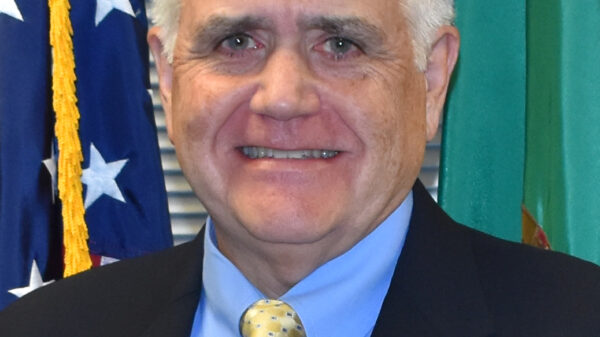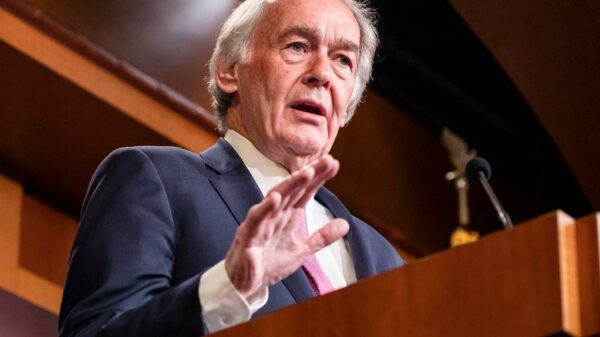
Magazine, The Immigrant Experience, Middle East & North Africa
Every ten years the federal government of the United States allocates funding for communities resident in the US based on census data reflective of the ethnicities of resident cities and counties. Based on the census information gathered the amount of budget allocated to various communities is based on the demographics of the residents in the district, city or county.
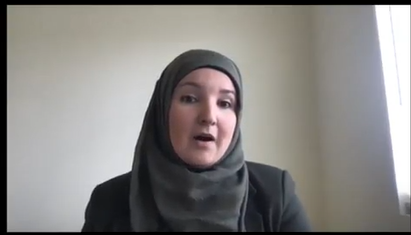
It is therefore for this reason and more that a zoom briefing was organized and hosted by Ethnic Media Services with a diverse leadership from the Middle Eastern and North African communities on the 2020 US Census. Attending leaders discussed why it is important to be counted and its implications for voting, representation, federal dollars for schools and roads and hospitals.
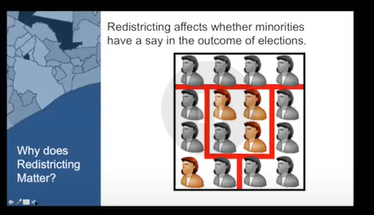
Strongly advocating the importance for people of middle Eastern descent to be counted and recognized, Algerian born Dr. Hamoud Salhi, Associate Dean, College of Natural and Behavioral Sciences, CSU Dominguez Hills lamented that the ambiguity of his ethnic and racial make-up was a challenge, “legally, in America, I’m classified as white. I was born in Algeria, which is part of Africa, so technically I could declare myself as African American, but I can’t”.
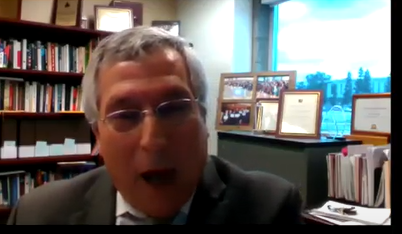
Participants also recognized that the lack of designation for MENA as a separate category on the census form has historically led to an undercount and therefore a disservice to the allocation of resources to people of Middle Eastern descent.
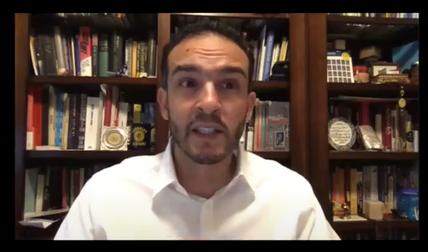
This 2020 census, California MENA leaders are working hard on avoiding the invisibility that has plagued their community through pushing for recognition in the census count for their spot as immigrants and new Americans much like other immigrant groups have done in the past.

Because the Census Bureau categorizes people of Middle Eastern and North African descent under the term MENA this term excludes specific groups and ethnicities such as Lebanese, Algerian, Egyptian etc. Kathay Feng, National Redistricting Director, Common Cause explained how this could affect MENA and why participating in the census was the first step in being visible and getting the representation in the allocation of resources. Feng stressed the importance of being counted regardless of immigration status as so many immigrants may not realize that their status as legal or not would not be a factor when it comes to the census, “Everyone is counted, regardless of immigration status or whether they are registered voters or not” .

Finally, after a long discussion on the importance of participation at the census, now more than ever would be the first step to generational recognition for all people of MENA descent.
The call to action therefore is to be sure to fill the form paying particular attention to Question 9 which allows you to write in, MENA and specify your ethnicity.




